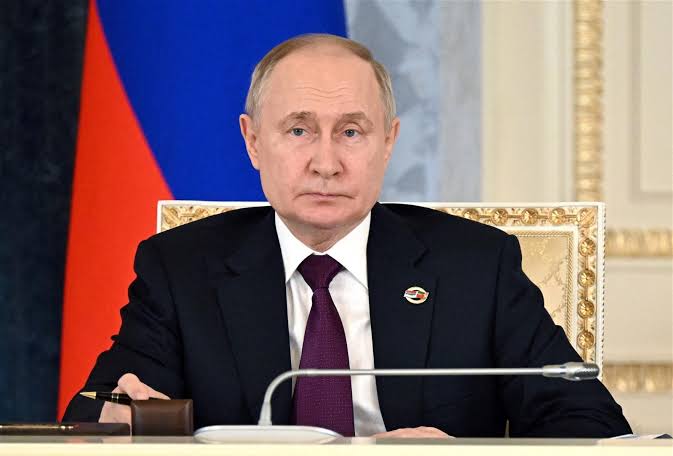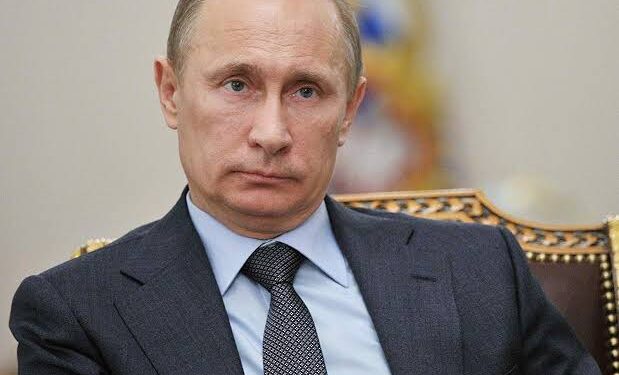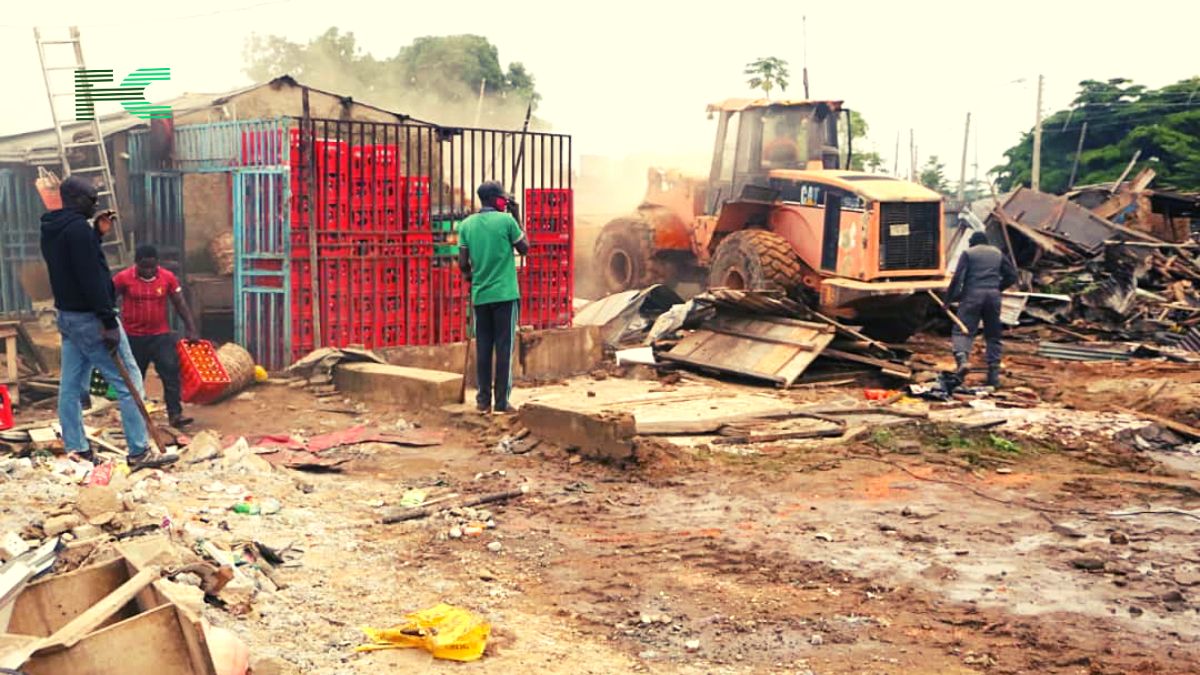Russia on Sunday dismissed reports claiming that Ukraine’s attack on the Kursk region had derailed indirect negotiations between the two countries regarding halting strikes on energy and power infrastructure. Russian officials, including Maria Zakharova, the spokeswoman for Russia’s foreign ministry, asserted that no such talks had taken place, contradicting a report by The Washington Post.
The Washington Post Report
According to The Washington Post on Saturday, Ukraine and Russia were allegedly planning to send delegations to Qatar this month to negotiate a landmark agreement aimed at halting strikes on energy and power infrastructure in both countries. The proposed agreement was seen as a potential partial ceasefire, but the talks were reportedly derailed following Ukraine’s attack on Russian sovereign territory.
Russia’s Response
Zakharova dismissed the report, stating, “No one broke anything off because there was nothing to break off,” referring to The Washington Post article. She reiterated that there had been no direct or indirect negotiations between Russia and the Kyiv regime on the safety of civilian critical infrastructure facilities.

Impact of the Kursk Region Attack
The cross-border strike by Ukraine into Russia’s Kursk region on August 6 marked the first military incursion into Russian territory since World War Two. This attack, according to President Vladimir Putin and echoed by Zakharova, raises serious questions about the feasibility of any negotiations with Ukraine but also points accusingly at the mentality of Russia who on Feb 22 launched its first attack on Ukraine in what it called “special military operations”.
Ongoing Conflict in the Kursk Region
Despite the denial of talks, fighting continues in the Kursk region. Ukrainian President Volodymyr Zelensky reported that Ukraine is “getting stronger” in Kursk, with Ukrainian forces blowing up a second bridge in Russian territory on Sunday as part of efforts to cripple Moscow’s logistical capabilities. The Ukrainian military claimed to have taken control of more than 1,000 square kilometers of Russian territory since the incursion began and have established a Ukrainian military commandant’s office there.
Developments in Donetsk Region
Meanwhile, in the Donetsk region, Russian forces are advancing towards the city of Pokrovsk, a key hub for the Ukrainian military Pokrovsk provides easy access to the town of Kostiantynivka, another military center and Ukraine uses the road connecting the two to resupply the front lines and evacuate casualties, making Russia target of that area very strategic and detrimental to Ukraine if obtained. Serhii Dobriak, the head of the Pokrovsk city military administration, said Sunday that “defense plans have been developed. We are working with the military to build fortifications”.
Evacuation of civilians from Pokrovsk has been accelerated as Russian troops approach. Dobriak reported that nearly 1,800 people have been evacuated from the city over the past week.
Zelensky’s Response to Russian Attacks
President Zelensky condemned the continued Russian strikes on Ukrainian cities and villages, stating that over 40 missiles, 750 guided aerial bombs, and 200 strike UAVs had been used against Ukrainian targets over the past week. Zelensky vowed that those responsible for the attacks would be held accountable before the courts and history.
Intense Fighting in Donetsk Region
Intense fighting continues around the villages of Pivnichne and Zalizne in Donetsk, where Russian forces launched a massive assault on Sunday morning.
Ukrainian forces are engaged in a fierce defense to prevent Russian advances toward strategic towns that could open the way for further incursions into Ukrainian territory.
“The Russian invaders, supported by an armored group of 12 vehicles, attempted to break through the Ukrainian military positions and advance towards Toretsk,” the General Staff said, referring to another strategic town that could open the way for Russian forces to advance towards Kostiantynivka, Kramatorsk, and Sloviansk.
The situation on the ground paints a picture of escalating hostilities rather than de-escalation. The denial of talks by Russian officials, coupled with continued military actions on both sides, highlights the deep mistrust and the strategic imperatives driving the conflict. Ukraine’s recent cross-border incursions into Russian territory, particularly in the Kursk region, and Russia’s aggressive advances in the Donetsk region underscore the unwillingness of either side to relent. Both nations are entrenched in their positions, seeking military and territorial advantages that make the prospect of negotiations or a ceasefire highly unlikely in the near term.
Furthermore, the rhetoric from leaders on both sides, denying responsibility and emphasizing accountability also poses a serious challenge to any negotiation for peace. The road to a ceasefire remains fraught with challenges as long as the fighting continues and both sides see military gains as achievable.

















